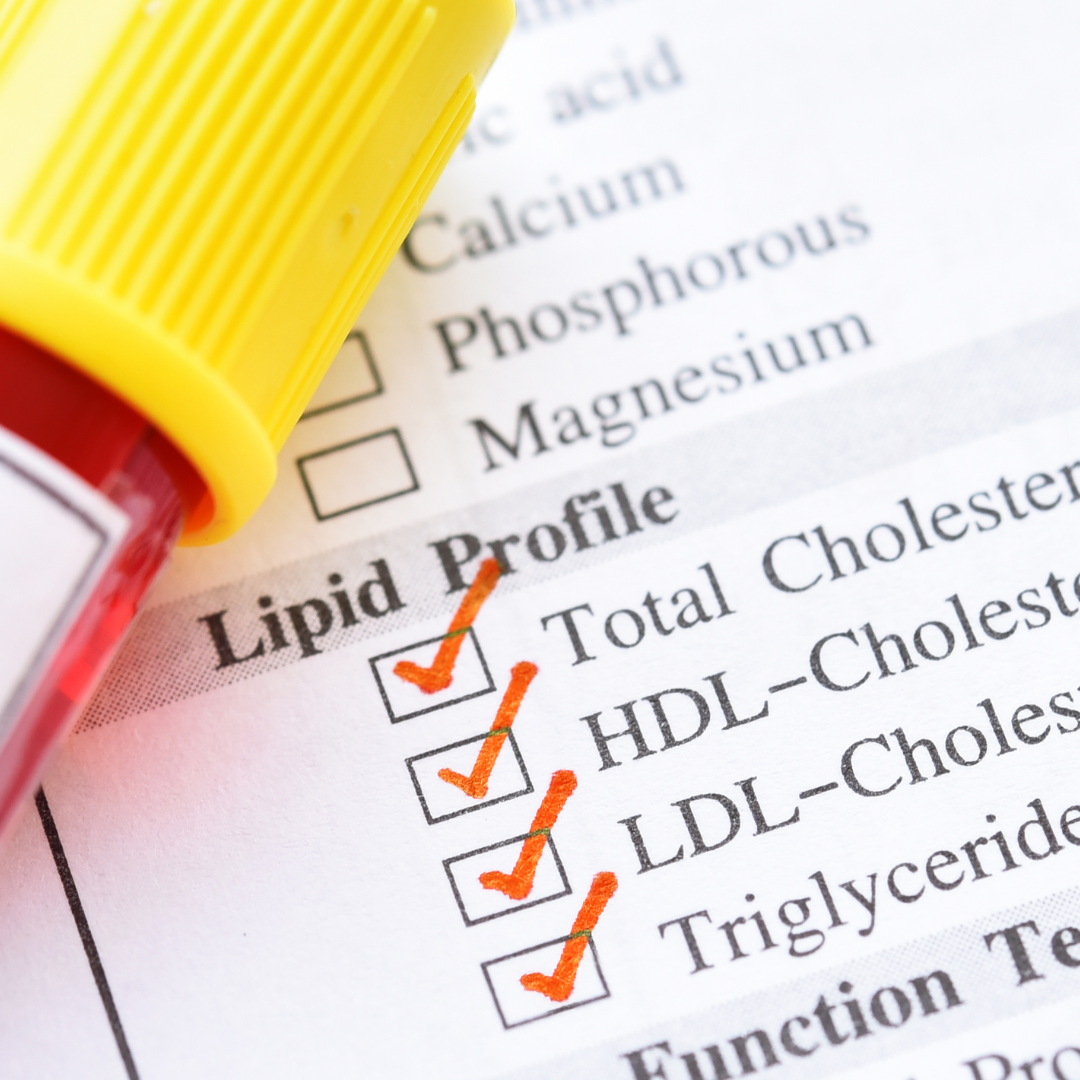If you have been diagnosed with a lipid disorder, you are at an increased risk for developing heart disease, which is the leading cause of death worldwide. At Texas Diabetes and Endocrinology, we believe that cardiovascular risk reduction and prevention is one of our most important jobs.
Cardiovascular risk assessments help our patients gain better control of their health by identifying underlying conditions that can cause a heart attack or stroke. We offer advanced lipid and Carotid-Intima-Media Thickness (CIMT) testing and treatments designed to prevent cardiovascular disease.
In this blog, advanced practice provider and clinical lipid specialist Ashley Davila, MSN, ACNS-BC answers some frequently asked questions about lipid disorders and heart disease prevention.
What does it mean to have a lipid disorder?
A lipid disorder is a broad term that encompasses patients who have abnormalities in their cholesterol or lipoprotein profiles and often these disorders place patients at increased risk for cardiovascular disease.
Who is a candidate for advanced lipid testing?
Advanced lipid testing is very informative for patients with metabolic issues (i.e., diabetes, insulin resistance) as it measures lipoprotein particles instead of just cholesterol. There are often abnormalities in lipoproteins that would not be readily identifiable with just a standard cholesterol panel. Advanced lipid testing is also very useful in patients with significant artery disease or strong family history of significant artery disease.
Who is a candidate for Carotid Intima-Media Thickness (CIMT) testing?
CIMT is a non-invasive test to assess the health of the arteries. It can detect the earliest changes seen in the arteries – thickening in the intima-medial space. CIMT is recommended for younger patients who have significant family histories related to heart disease.
Heart Disease Prevention
By following these preventative measures, you can greatly lower your risk of developing heart disease.
Exercise regularly
One of the most important things you can do to prevent heart disease is to exercise regularly. Getting your heart rate up and breaking a sweat helps to strengthen your heart and cardiovascular system. Aim for at least thirty minutes of moderate exercise most days of the week.
Maintain a healthy diet
A diet low in saturated and trans fats, added sugars, and salt can help lower blood pressure and cholesterol, two major risk factors for heart disease. Focus on eating plenty of fruits, vegetables, whole grains, lean proteins, and healthy fats like those found in nuts, seeds, and fish.
Quit smoking
Smoking damages the lining of blood vessels and increases the risk of blood clots. If you smoke, quitting is one of the best things you can do for your heart health.
Manage stress
Stress can take a toll on your heart health, as chronic stress can lead to high blood pressure and inflammation, both of which increase the risk of heart disease. Take steps to manage your stress levels, such as practicing relaxation techniques like meditation or yoga, getting regular exercise, and getting enough sleep.
Regular check-ups and screenings
Regular check-ups with a doctor can help identify and manage risk factors for heart disease. Your doctor can measure your blood pressure, cholesterol, and blood sugar levels to ensure that they are within healthy ranges.
Limit alcohol consumption
While moderate alcohol consumption has been linked to a lower risk of heart disease, excessive drinking can have the opposite effect. Drinking too much alcohol can lead to high blood pressure, heart failure, and stroke.
Lipid Disorder Treatment
Lipid disorder treatment is determined by a patients’ underlying health conditions, cholesterol levels and age. Lifestyle changes are the first line of defense in fighting lipid disorders. In some cases, medication and supplements for cholesterol management may be recommended. Remember to always consult with your doctor before making any major lifestyle changes or beginning a treatment regimen.
Don’t forget to follow us on Facebook and Instagram and check back with us each month as we provide you helpful wellness and health information.


